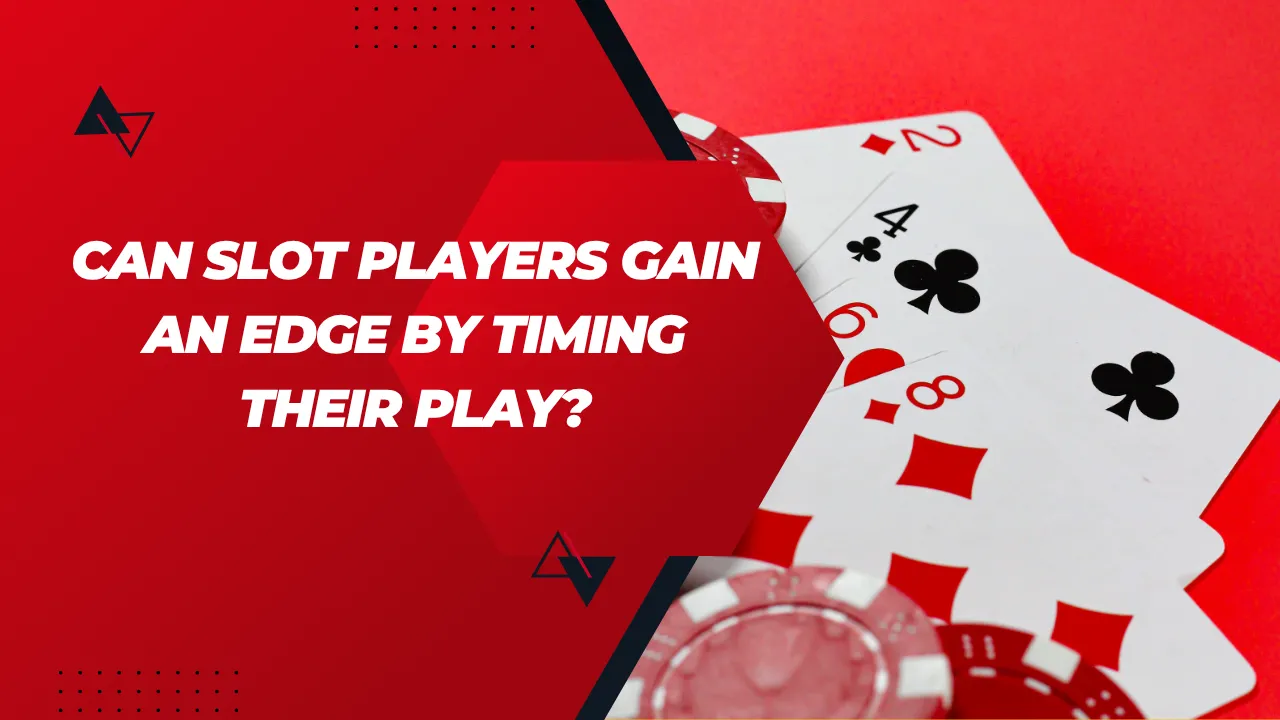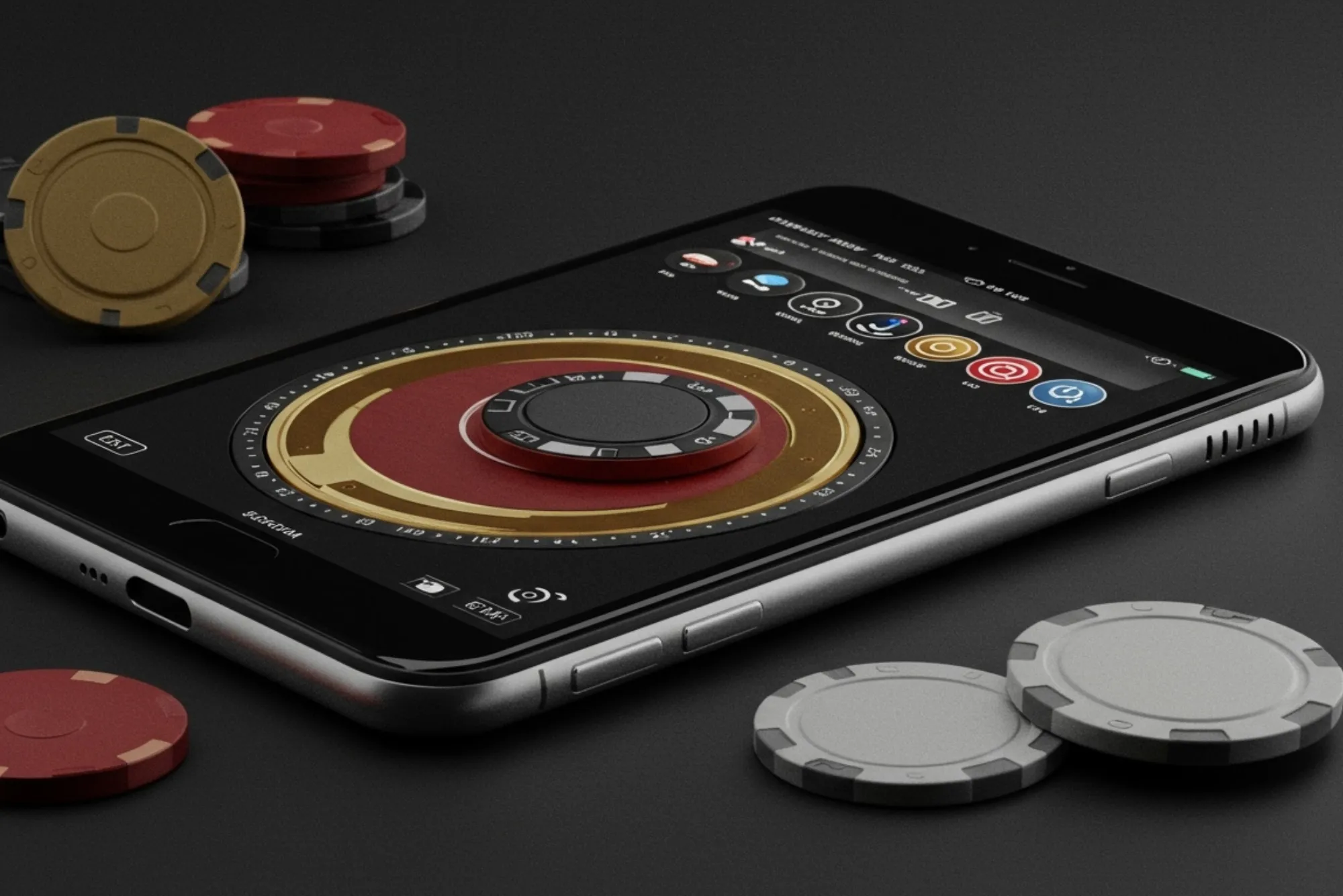Slot machines have long been at the center of casino gaming, both in physical venues and online platforms. Their bright lights, engaging sounds, and promise of instant wins make them one of the most popular choices for gamblers worldwide. A common question that arises among players is whether timing can influence their chances of winning. Can you really gain an edge by playing at specific hours or days, or is it just another gambling myth?
As someone who has studied player behavior and casino operations closely, I can say the answer is more nuanced than a simple yes or no. While slot outcomes are determined by sophisticated technology, there are practical factors around timing that may affect your experience — just not in the way most people assume.
Understanding How Slot Machines Work
To appreciate whether timing matters, you first need to understand how slot machines function. Every spin is determined by a Random Number Generator (RNG), a software algorithm that ensures outcomes are independent and unpredictable. This means that pressing the spin button at 3 p.m. on a Wednesday or 11 p.m. on a Saturday has no influence on whether you hit a jackpot.
Casinos rely on RNGs to guarantee fairness and compliance with gaming regulations. The system ensures that the odds of winning are the same every time you spin, regardless of when you play or how long the machine has been idle. From a mathematical standpoint, there’s no “lucky hour” built into the machine.
The Myth of “Hot” and “Cold” Slots
Many players believe that machines go through hot and cold streaks — that a slot that hasn’t paid out in a while is “due” for a win, or that one that just hit a jackpot won’t hit again soon. This belief often fuels the idea that timing your play matters.
In reality, every spin is independent. A machine that just paid a large jackpot can, theoretically, deliver another big win on the very next spin. Likewise, a machine that hasn’t paid for hours may continue without paying for much longer. The perception of patterns is simply human psychology trying to make sense of random outcomes.
Timing and Player Experience
While timing doesn’t affect the outcome of spins, it can impact your experience in other meaningful ways. For example, playing during off-peak hours at land-based casinos often means less crowding, quicker access to your preferred machines, and a quieter environment to focus on your play. Conversely, peak hours can create a more energetic atmosphere that some players find exciting and motivating.
Online casinos mirror this dynamic in subtle ways. Servers may run smoother during quieter periods, and customer support is often more responsive when fewer players are online. These aspects don’t influence win rates, but they can improve your overall gaming satisfaction.
Interestingly, players exploring different platforms such as slot sites uk may also find timing useful when it comes to promotions. Many online casinos release bonuses, free spins, or special offers at certain times of day or specific days of the week, meaning timing your log-ins could maximize your value even if it doesn’t change your odds.
The Psychology of Timing and Discipline
Another reason timing feels important to players is psychological. Gamblers often remember “lucky times” when they scored big, creating a personal superstition. For example, a player might recall hitting a jackpot late at night and believe that playing at that hour is luckier for them.
While there’s no technical truth to this, personal rituals can sometimes improve discipline. If you only allow yourself to play at certain times — say, for an hour after work or only on weekends — you’re less likely to overindulge. In that sense, timing your play can help you control your bankroll and avoid the pitfalls of impulsive gambling.
Promotions and Jackpot Timing
One of the few areas where timing truly does matter is in promotions and progressive jackpots. Many online casinos tie bonuses or free spins to specific time frames. Missing these windows means missing out on extra value.
Progressive jackpots, while still random, can also appear more tempting at certain times. As jackpots climb to headline-worthy amounts, more players are drawn in, increasing the pace at which the prize grows. Savvy players sometimes time their play when jackpots are unusually high, reasoning that even if the odds don’t change, the potential reward is worth the wait.
Responsible Gambling and Setting Limits
If you’re considering timing as a strategy, the most important thing to remember is that responsible gambling should always come first. Slots are designed to be entertaining, not predictable. Setting time-based limits can be one of the most effective tools for staying in control.
For example, committing to play only for 30 minutes regardless of wins or losses ensures you enjoy the thrill without risking prolonged, uncontrolled sessions. Timing, in this sense, becomes less about beating the system and more about managing your habits in a healthy way.
Final Thoughts on Timing Strategies
So, can slot players gain an edge by timing their play? From a technical perspective, the answer is no. The RNG ensures that every spin is random and unaffected by the clock. However, timing can influence your experience in indirect ways — whether through improved comfort at casinos, access to online promotions, or better self-discipline.
Rather than focusing on chasing “lucky hours,” players would benefit more from understanding the mechanics of slots, seeking platforms with fair games and strong promotions, and setting personal limits. Timing, then, becomes a tool not for increasing your odds, but for enhancing your enjoyment and maintaining control.
In the end, the smartest way to play slots is not about when you play, but how you play. Approach the games as entertainment, manage your bankroll wisely, and enjoy the ride without expecting to outsmart the system.








